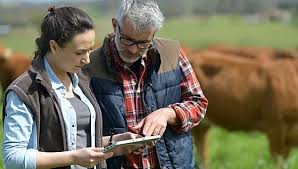[ale_divider style=”thin” text=”notext”] Divider Text [/ale_divider]
This article appeared on farmontario.com by Lilian Schaer. To read the original post Click Here.
[ale_divider style=”thin” text=”notext”] Divider Text [/ale_divider]
An Irish startup with a Canadian connection has developed what it says is the world’s first completely automated livestock performance and health monitoring system.
StrongBó Agritech’s BovineHub collects and analyzes live data through its automated weighing system that company founder and CEO Micheál McInerney believes has the potential to reshape modern beef production.
Its trials to date have shown a capacity to improve overall herd efficiency by 2.5 per cent.
Why it matters: Data is widely used in the dairy sector to drive all kinds of production and management-related decision-making, but this isn’t the case in the beef industry where animal assessment is still largely visual.
McInerney has deep roots in Irish beef production and his family’s farm near Galway in the west of Ireland. He’s also an engineer working in the human medical device sector.
“When I combine the two together, it drove a bit of discomfort with how beef production is managed in Ireland, especially when fattening bulls for slaughter and how animals are performing to the end of their life,” he says.
“We’re relying solely on expertise, experience and good stockmanship. The dairy industry is completely saturated with technology, but when it comes to beef, the technology for weighing large animals just isn’t there or isn’t being used.”
And so BovineHub was born. A drinking station for 500 – 1,000 animals outfitted with an Internet of Things (IoT) platform identifies each animal through its RFID tag when it comes to drink and automatically collects its live weight and meters the water it consumes.
The information is sent to the cloud and farmers can access the analytics through a data dashboard on their computer or smart device to monitor overall herd performance and drive decision-making on things like rations.
The system will also provide information on each animal, including average daily gain, so producers can make very accurate decisions on when to best ship without unnecessary additional feed expenditures.
“It’s like Facebook; I check it in the morning before actually checking the cattle – it gives a security and a certainty that is desperately needed in beef sector,” he notes, adding it has also unexpectedly become an early disease monitoring system. “When animals get sick, even before temperature or any other identifier, they stop eating and drinking and their behaviour changes, so we can identify illness much earlier.”
In addition to his own family farm, the system is being trialed in Irish research facilities and has just come on the market in Ireland. McInerney estimates the ROI of the system at about 20 months.
BovineHub has been shown to save farmers about $40 per head in feed costs by shipping at the right weight, as well as approximately $3 for early illness identification and about $1.50 in labour savings.
It’s that potential for boosting profitability in a sector with thin margins that makes Robert McKinley, producer liaison at Beef Farmers of Ontario, beef farmer and University of Guelph student, believe the technology could benefit the Ontario beef industry, too.
“With the nature of the beef industry, it’s hard to get real-time data on the cattle, and often data is retroactive,” he says. “I could see getting more individual data on steers benefitting farmers and it being positive for herd health. You can’t manage what you don’t know.”
McInerney has just moved to Ontario – his girlfriend is Canadian and doing a medical residency at McMaster University in Hamilton – and is part of the current cohort of five tech start-ups being supported by The Forge, a business incubator in Hamilton linked to McMaster.
That includes mentorship support and dedicated office space at McMaster’s Innovation Park. According to incubator manager Mariya Leslie, McInerney’s openness to coaching and seeking advice and his market experience helped secure him a coveted spot in the program.
“He’s not just talking to beef farmers, he’s talking broadly with researchers and nutritionists to paint a broader picture and make this useful on a larger scale,” she says. “He’s doing detailed research to tailor his innovation to Canada; we’re excited about it.”






